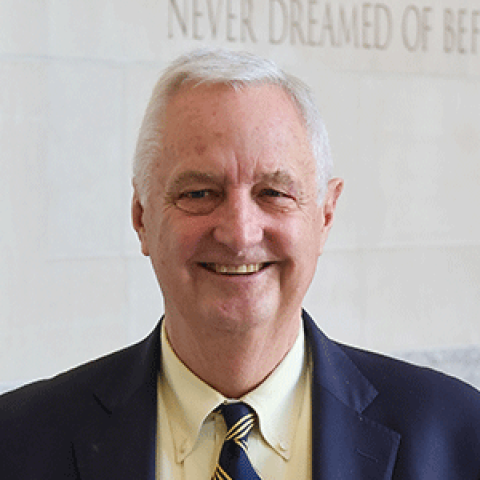David Shambaugh
Former Distinguished Fellow
Professional Affiliation
Gaston Sigur Professor of Asian Studies, Political Science & International Affairs; Director, China Policy Program, George Washington University
Expert Bio
Professor David Shambaugh is an internationally recognized scholar and award-winning author on contemporary China and the international relations of Asia. An active public intellectual and frequent commentator in the international media, he serves on numerous editorial boards, and has been a consultant to governments, research institutions, foundations, universities, corporations, banks, and investment funds. As an author, Professor Shambaugh has published 36 books and over 200 articles. He also served in the U.S. Department of State and National Security Council during the Carter administration, on the Board of Directors of the National Committee on U.S.-China Relations, the Advisory Council of the National Bureau of Asian Research (NBR), is a life member of the Council on Foreign Relations and its Board of Studies, and other public policy and scholarly organizations. Before joining the George Washington University faculty Professor Shambaugh was Reader in Chinese Politics at the University of London’s School of Oriental & African Studies (SOAS) from 1988-1996, where he also served as Editor of The China Quarterly.
Expertise
- Cold War
- Chinese Politics and Foreign Relations
- US-China
Wilson Center Project
Disillusionment and Disengagement: How China Lost America
Project Summary
This project examines how and why different constituencies across the United States and political spectrum have turned away from—and against—China during the past decade. Put another way: China “lost” America. The book will chronicle the progressive disillusionment among these constituencies, and how various actors (governmental and non-governmental) have institutionally decoupled from their Chinese counterparts. This institutional and cross-sector “disengagement” is replacing the longstanding American strategy of “Engagement” with China. While the decoupling and deinstitutionalization are still in-progress, there is little doubt that both the premises and the practicalities of Engagement have been fundamentally challenged and considerably abandoned. Many argue that the Engagement strategy failed to achieve its principal aims: the liberalize Chinese society, economy, and politics while making the PRC a “responsible stakeholder” in the global Liberal Order. In place of Engagement, a new American strategy of “comprehensive competition” has taken shape.
Major Publications
- China's Leaders: From Mao to Now
- Where Great Powers Meet: America & China in Southeast Asia
- China Goes Global: The Partial Power
Previous Terms
August 1, 2002-May 1, 2003
Insight & Analysis by David Shambaugh
- Past event
- Strategic Competition
China's Leaders: From Mao to Now
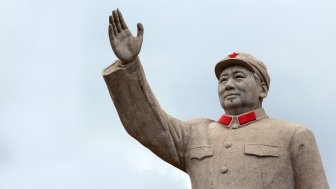
- Past event
Where Great Powers Meet
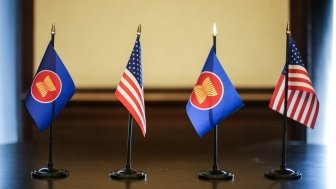
- Past event
- Governance
Book Launch: China's Future
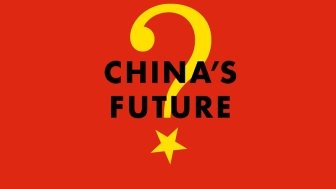
- Past event
- US Foreign Policy
The Heart of the Matter: Reassessing the Foundations of U.S.-China Relations
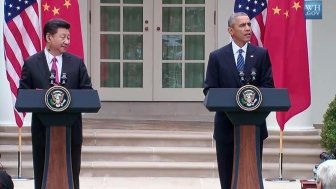
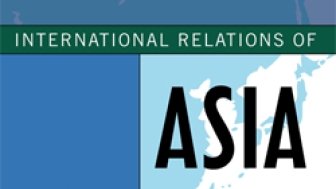
- Past event
- Geoeconomics
China Goes Global: The Partial Power
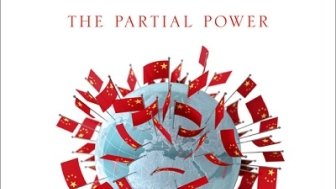
- Book
- Governance
China's Communist Party: Atrophy and Adaptation
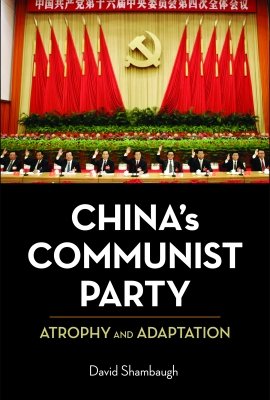
- Video
China on the March

